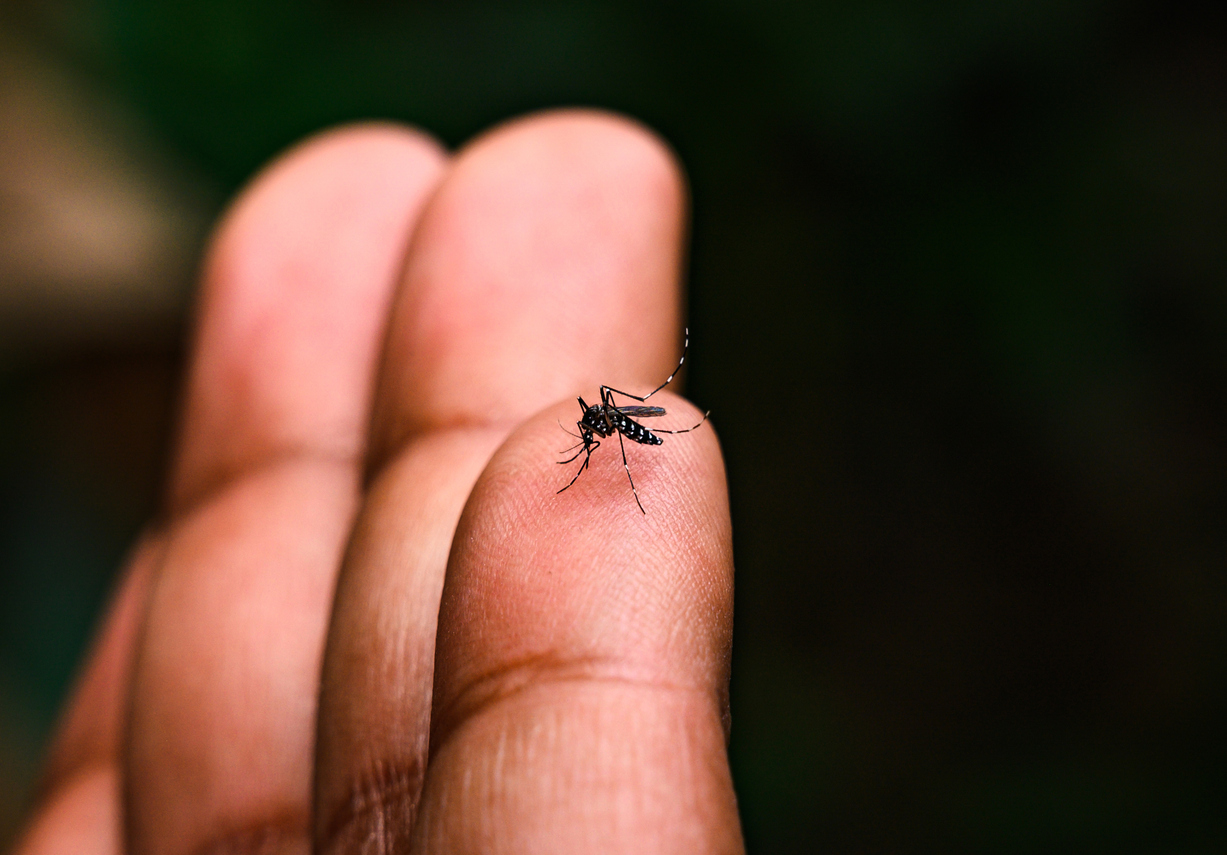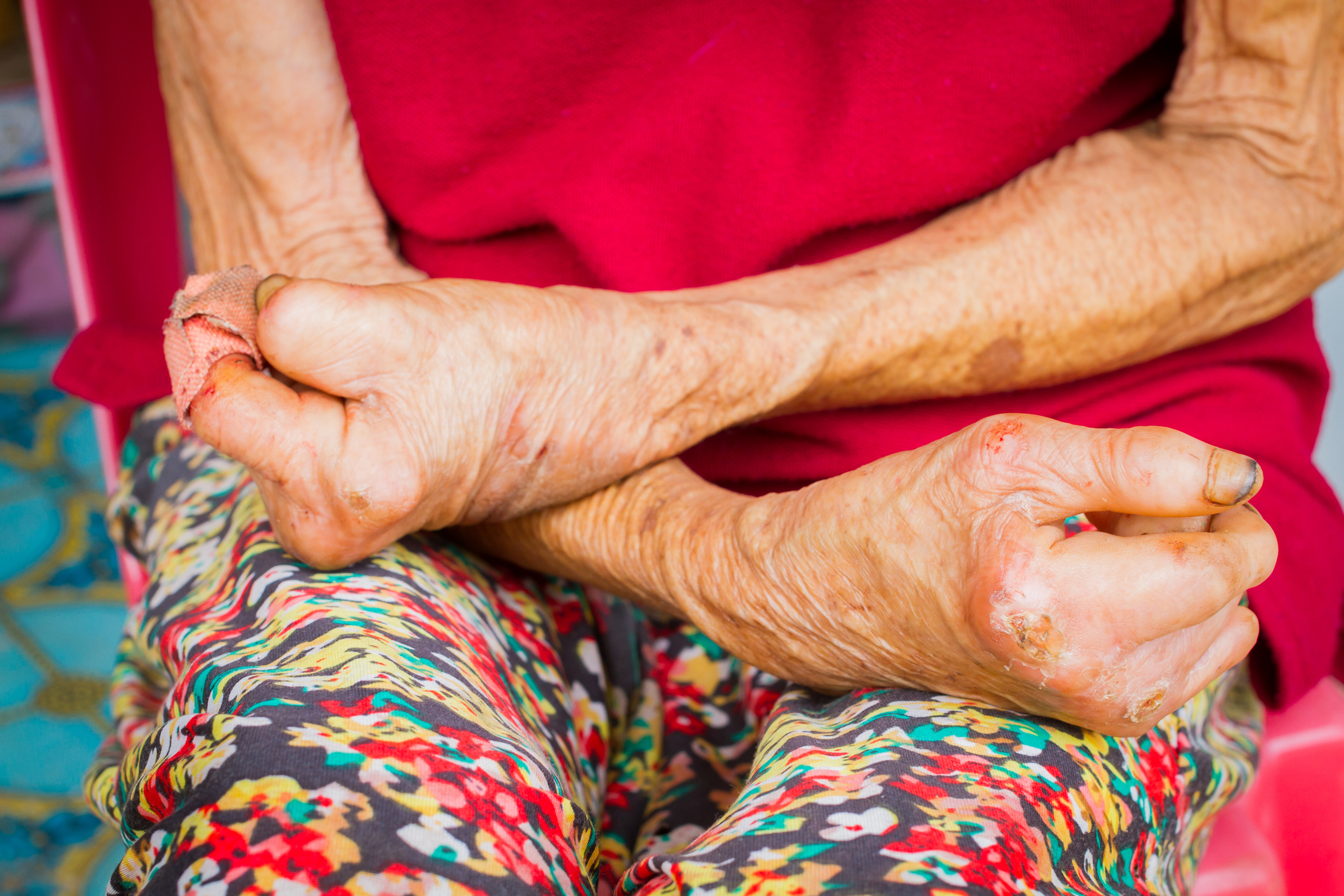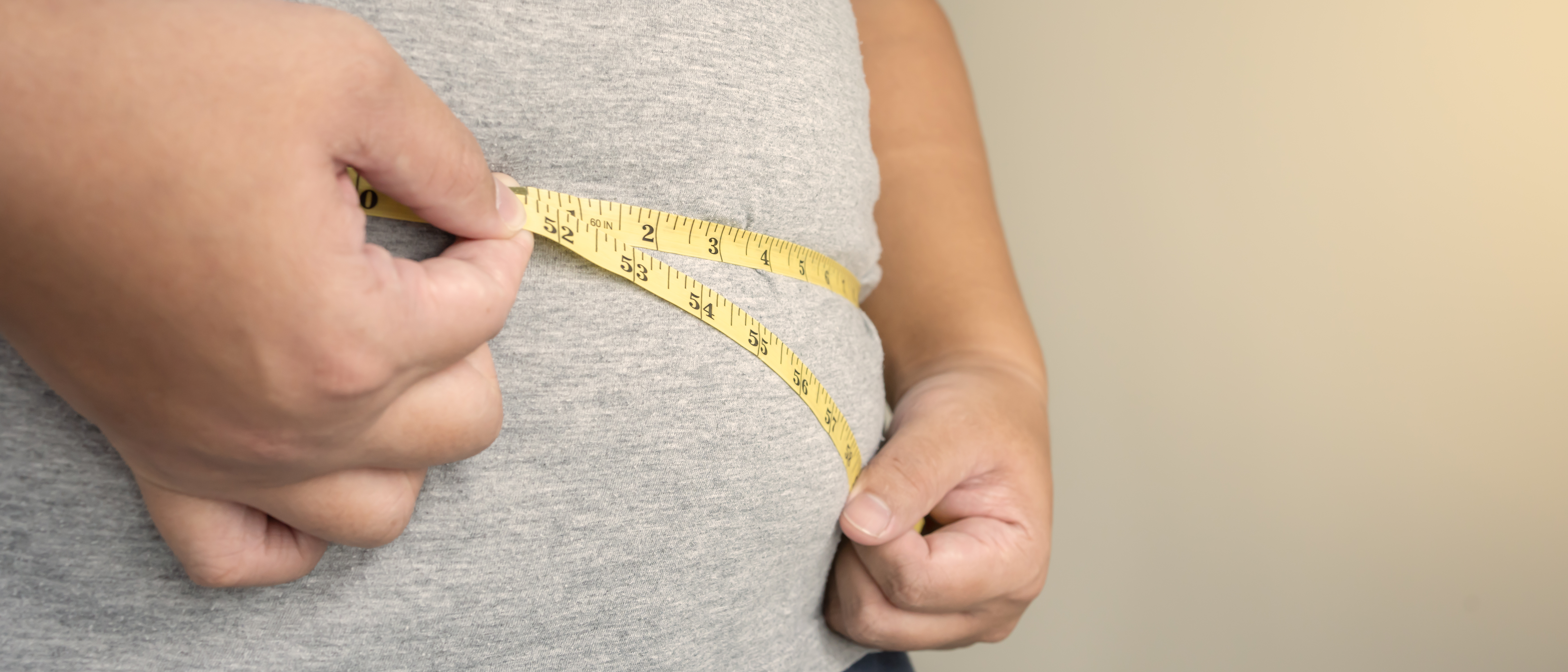2025-07-10
Dengue: Is safe vaccination possible?
Infectiology
#Dengue #Vaccine #Immunity #ADE #Virus
#Immunogenicity
Dengue is a major arboviral disease affecting millions of people each year, particularly in tropical and subtropical regions. Transmitted by Aedes mosquitoes, it can progress to severe forms, especially during secondary infections with a different viral serotype. This is partly due to a mechanism known as Antibody-Dependent Enhancement (ADE), in which non-neutralizing antibodies facilitate the virus's entry into host cells, worsening the disease.
Current treatments are purely symptomatic, and available vaccines (such as Dengvaxia) raise safety concerns, particularly in individuals who have never been previously exposed to the virus. Vaccine strategies thus face significant immunological limitations.
The main challenge in dengue management lies in developing live-attenuated vaccines that can induce long-lasting protective immunity without triggering ADE. The aim of this study is to explore vaccine candidates specifically designed to eliminate the risk of ADE while preserving strong immunogenicity.
The study uses a genetic engineering approach to develop live-attenuated dengue vaccines by combining the serotype 2 backbone with the envelope genes of serotypes 1, 3, and 4. These chimeric vaccines (D2/1, D2/3, D2/4) were tested in vitro and in animal models (mice and macaques) to assess their safety, their ability to elicit a protective immune response, and—crucially—their lack of ADE upon secondary infection with another serotype.
The results show that the vaccine strains induced a balanced immune response against all four dengue virus serotypes, without triggering ADE. Furthermore, animal models exposed to a secondary infection showed no signs of viral enhancement, while the replication of the attenuated strains remained controlled and non-pathogenic. The immune response was characterized by the production of neutralizing antibodies targeting all four serotypes. Among the tested candidates, D2/3 and D2/4 formulations stood out for their favorable safety profiles and strong immunogenicity.
Dengue remains a global public health priority, made even more complex by the paradox that some vaccines can worsen the disease through ADE. This study offers an innovative approach by developing live-attenuated vaccine strains capable of eliciting strong cross-protective immunity without triggering ADE.
While the preclinical results are promising, translating these findings to humans is a crucial next step. In addition to clinical validation, other major challenges lie ahead: ensuring large-scale production, maintaining the stability of recombinant strains, and conducting long-term immune response assessments. Despite the current lack of human data, these vaccine candidates represent a significant advance toward a new generation of tetravalent dengue vaccines, combining safety and efficacy to address the challenges posed by the virus’s antigenic diversity.
Dengue is a major arboviral disease affecting millions of people each year, particularly in tropical and subtropical regions. Transmitted by Aedes mosquitoes, it can progress to severe forms, especially during secondary infections with a different viral serotype. This is partly due to a mechanism known as Antibody-Dependent Enhancement (ADE), in which non-neutralizing antibodies facilitate the virus's entry into host cells, worsening the disease.
Current treatments are purely symptomatic, and available vaccines (such as Dengvaxia) raise safety concerns, particularly in individuals who have never been previously exposed to the virus. Vaccine strategies thus face significant immunological limitations.
The main challenge in dengue management lies in developing live-attenuated vaccines that can induce long-lasting protective immunity without triggering ADE. The aim of this study is to explore vaccine candidates specifically designed to eliminate the risk of ADE while preserving strong immunogenicity.
Can we vaccinate without worsening the disease?
The study uses a genetic engineering approach to develop live-attenuated dengue vaccines by combining the serotype 2 backbone with the envelope genes of serotypes 1, 3, and 4. These chimeric vaccines (D2/1, D2/3, D2/4) were tested in vitro and in animal models (mice and macaques) to assess their safety, their ability to elicit a protective immune response, and—crucially—their lack of ADE upon secondary infection with another serotype.
The results show that the vaccine strains induced a balanced immune response against all four dengue virus serotypes, without triggering ADE. Furthermore, animal models exposed to a secondary infection showed no signs of viral enhancement, while the replication of the attenuated strains remained controlled and non-pathogenic. The immune response was characterized by the production of neutralizing antibodies targeting all four serotypes. Among the tested candidates, D2/3 and D2/4 formulations stood out for their favorable safety profiles and strong immunogenicity.
Read next: Dengue and the Mind: The Silent Storm
A safe vaccine—finally credible?
Dengue remains a global public health priority, made even more complex by the paradox that some vaccines can worsen the disease through ADE. This study offers an innovative approach by developing live-attenuated vaccine strains capable of eliciting strong cross-protective immunity without triggering ADE.
While the preclinical results are promising, translating these findings to humans is a crucial next step. In addition to clinical validation, other major challenges lie ahead: ensuring large-scale production, maintaining the stability of recombinant strains, and conducting long-term immune response assessments. Despite the current lack of human data, these vaccine candidates represent a significant advance toward a new generation of tetravalent dengue vaccines, combining safety and efficacy to address the challenges posed by the virus’s antigenic diversity.
Read next: Severe dengue: a victim of its own defense?

Last press reviews
Leprosy: a disease still beyond control

By Ana Espino | Published on January 22, 2026 | 3 min read...
Parental alcohol intoxication: the hidden impact on children’s mental health

By Carolina Lima | Published on January 19, 2026 | 3 min read
Obesity: when the kidneys become overwhelmed

By Ana Espino | Published on January 20, 2026 | 3 min read...